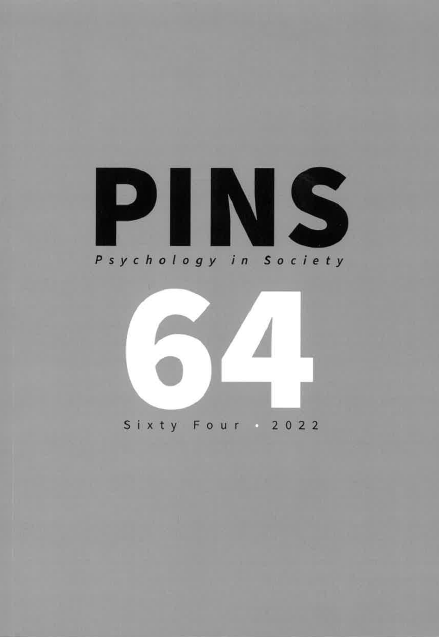The ‘caring community’: Recognizing and shielding civic environmental monitoring
DOI:
https://doi.org/10.57157/pins2022Vol64iss1a5446Keywords:
Community-based monitoring, citizen science, civic participation, environmental justice, access to information, community psychologyAbstract
‘Community-based monitoring’, is a form of care for the land, and a manifestation of broader citizen science. The practice at times embodies resistance to the way environmental resources are governed, whereas other times is a healthy complementation to institutional environmental governance. However, often, the role of such ‘monitoring’ communities is not appropriately recognized and they are even, in some instances, criminalized. Unofficial forms of monitoring should be acknowledged by institutions, especially when these institutions fail to appropriately govern environmental issues. Two cases are discussed, which – first – demonstrate the aspect of ‘care’ entailed by community-based monitoring’ and – second – the need for recognizing the added value that the civic sentinels bring to environmental governance. The main argument developed is that forms of community care for the environment should not remain an unofficial and informal practice but, when needed and as appropriate, should be recognized beyond the engaged community, mainly through the granting of a legitimate status within the system. This recognition should occur while respecting the legal context, judicial processes and the separate and unique role of authorities competent for (environmental) law enforcement.
Downloads
Downloads
Published
How to Cite
Issue
Section
License
This journal is an open access journal, and the authors' and journal should be properly acknowledged, when works are cited.
Authors may use the publishers version for teaching purposes, in books, theses, dissertations, conferences and conference papers.
A copy of the authors’ publishers version may also be hosted on the following websites:
- Non-commercial personal homepage or blog.
- Institutional webpage.
- Authors Institutional Repository.
The following notice should accompany such a posting on the website: “This is an electronic version of an article published in PINS, Volume XXX, number XXX, pages XXX–XXX”, DOI. Authors should also supply a hyperlink to the original paper or indicate where the original paper (http://www.journals.ac.za/index.php/pins) may be found.
Authors publishers version, affiliated with the Stellenbosch University will be automatically deposited in the University’s’ Institutional Repository SUNScholar.
Articles as a whole, may not be re-published with another journal.
The copyright of the article(s) lies with the author(s).
The copyright of the journal lies with PINS-psychology in Society.
The following license applies:
Attribution CC BY-NC-ND 4.0 - https://creativecommons.org/licenses/by-nc-nd/4.0/

